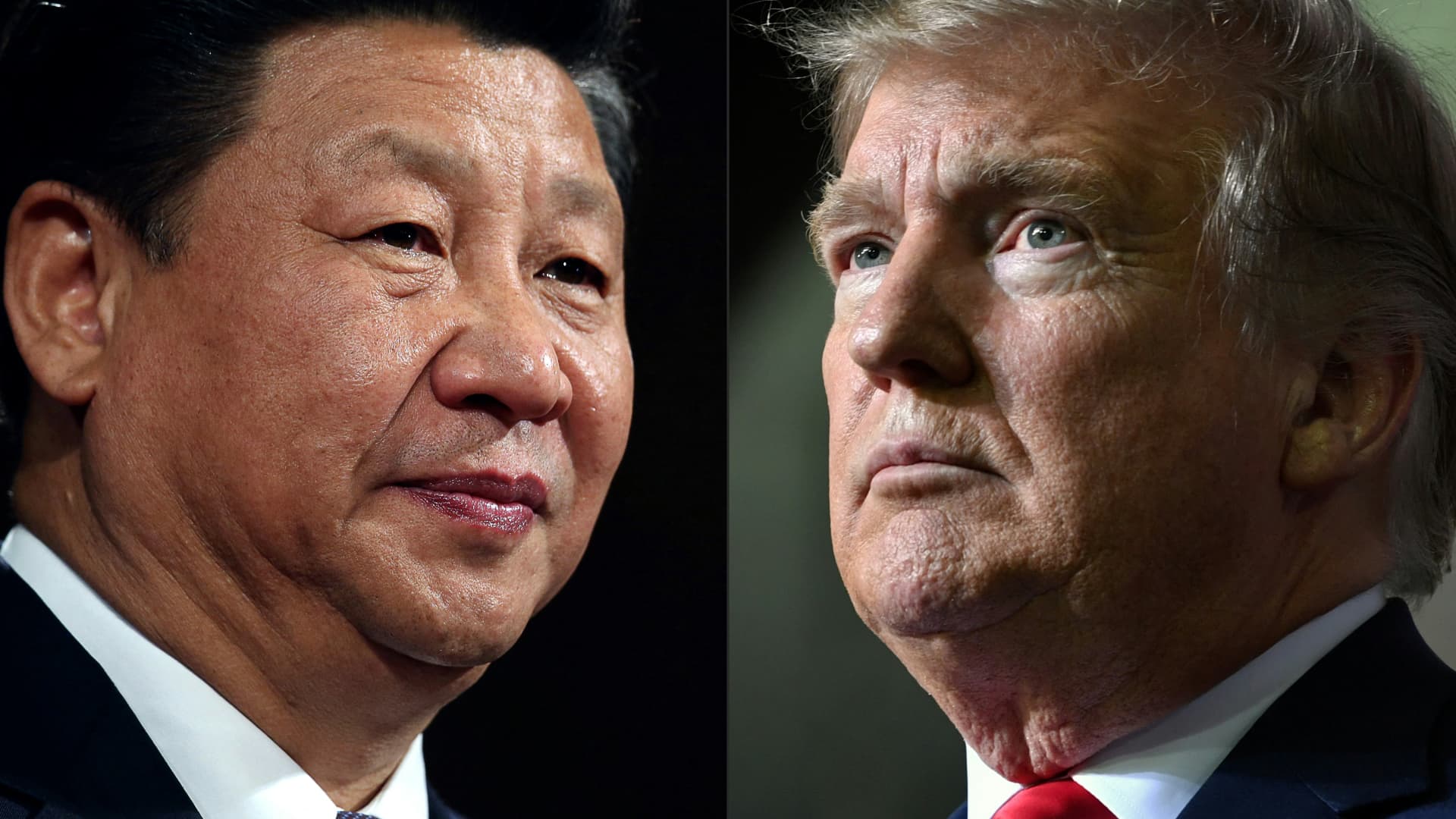Investors eyeing up firms with the potential to become the “blue chip companies of the future” should look to India, according to GIB Asset Management’s Kunal Desai.
The portfolio manager said India’s geopolitical positioning is “favorable in this Trump 2.0 era” as investors assess the country’s ability to take advantage of a possible trade war between China and the U.S.
President-elect Donald Trump has pledged to impose big tariffs on goods from China when he takes office. Tariffs on goods imported from China into the U.S. will likely benefit India, analysts say, as companies shift manufacturing to the South Asian nation to avoid duties.
Speaking to CNBC’s Silvia Amaro, Desai described India as “probably one of the most attractive, secular and scalable investment opportunities globally.”
As well as geopolitics, Desai cited the country’s monetary sovereignty, improving return on equity — a key measure of a company’s profitability — and increased private investment as reasons to invest.
Prime Minister Narendra Modi’s “Make in India” initiative has also been cited by analysts as a major boon for some Indian manufacturing companies.
For Desai, “one of the most attractive areas is cables, power cables and wires, which go into the development of urbanization and infrastructure projects in India.”
He said these businesses were not just looking at India as a “core market,” but were also seeking to expand and start exporting.
“And given the difficulties that Chinese companies have had from an export standpoint, a number of Indian companies are taking advantage as customers look to take a dual source approach to their supply chain,” Desai said.
Upbeat on China stocks
Despite investor worry over Trump accelerating “hawkish Chinese policies” on his return to office, the portfolio manager said increased U.S.-China tensions — as well as a widely expected 2025 GDP growth target of around 5% and fiscal stimulus from Beijing — could “force the hand of Chinese policymakers, essentially to revive domestic animal spirits.”
Desai said businesses with “high brand power,” competitive advantages and high profitability are the most likely to benefit from a potential consumer rebound in the coming years.

“So, this creates quite an interesting opportunity of companies which have seen their relative valuations fall but can now create a rosier outlook for the years ahead,” he said, adding that Yum China could be a major beneficiary.
Yum China is one of China’s biggest fast-food restaurants within the Yum Brands umbrella, which includes KFC, Taco Bell and Pizza Hut.
Desai also expects Chinese e-commerce giant JD.com, among the top 10 holdings in his portfolio, to benefit from a possible consumer rebound.
The next 18 months, he said, will see a “really powerful dividend, buyback, capital return story to come through in China, which is what we’ve seen actually in the U.S. over the last four or five years.”











